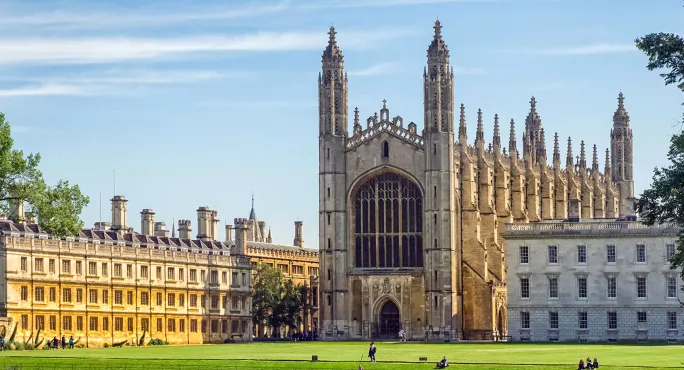Cambridge International Education has announced it is extending its Checkpoint test series in response to growing demand from international schools.
The tests are chiefly used by international schools to help benchmark student progress in maths, English and science either towards the end of Cambridge Primary curriculum (age 10 and 11) or during lower secondary education (ages 13 and 14) ahead of iGCSEs or GCSEs.
The results allow schools to assess not only individual pupilsâ performance within their school but also their pupilsâ performance against averages from other schools worldwide.
Currently tests are offered in May and October, but Cambridge has said that from 2026 it will offer a third series in March in response to demand from schools to have more opportunities to use the tests.
New Cambridge Checkpoint test series
Furthermore, it is moving the May series to later in the month in response to international schools, particularly those in South East Asia, the Middle East and North Africa, that wanted it to align more closely with their school calendars towards the end of their academic year.
Cambridge also announced that it will run the tests over a week, rather than spread out across two weeks or more, as is currently the case. This change will also take place in 2026.
Rod Smith, group managing director for international education at Cambridge, said he hoped the changes would ensure that schools have âthe flexibility to test students at a time that best fits their academic scheduleâ so they can âget the most from this valuable assessment toolâ.
Commenting on the plans, Dr Nadia Kharbat, general director at Mayar International School in Jordan, which offers both British and American curricula, welcomed the increased options, saying that the tests offer âinvaluable insights for educatorsâ so they can âtailor our teaching to meet individual learning needsâ.
Vanita Uppal, director of The British School, New Delhi, and a member of the Tes Global Advisory Board, said the decision was a âsignificant and welcome moveâ and will ensure that there are more opportunities to gather âvaluable data to make informed decisions about our learnersâ needs, and offer a global perspective on their performanceâ.
More than 1,600 schools in 101 countries use Checkpoint exams, Cambridge says, with demand increasing in line with growth in the international schools sector.
In 2024, for example, there were over 300,000 entries combined for Cambridgeâs Primary and Lower Secondary Checkpoint, with entries for primary tests up 13 per cent and entries for lower secondary tests up 9 per cent compared with 2023.
The countries with particularly strong growth were Indonesia, Egypt, India, Oman and Malaysia.





